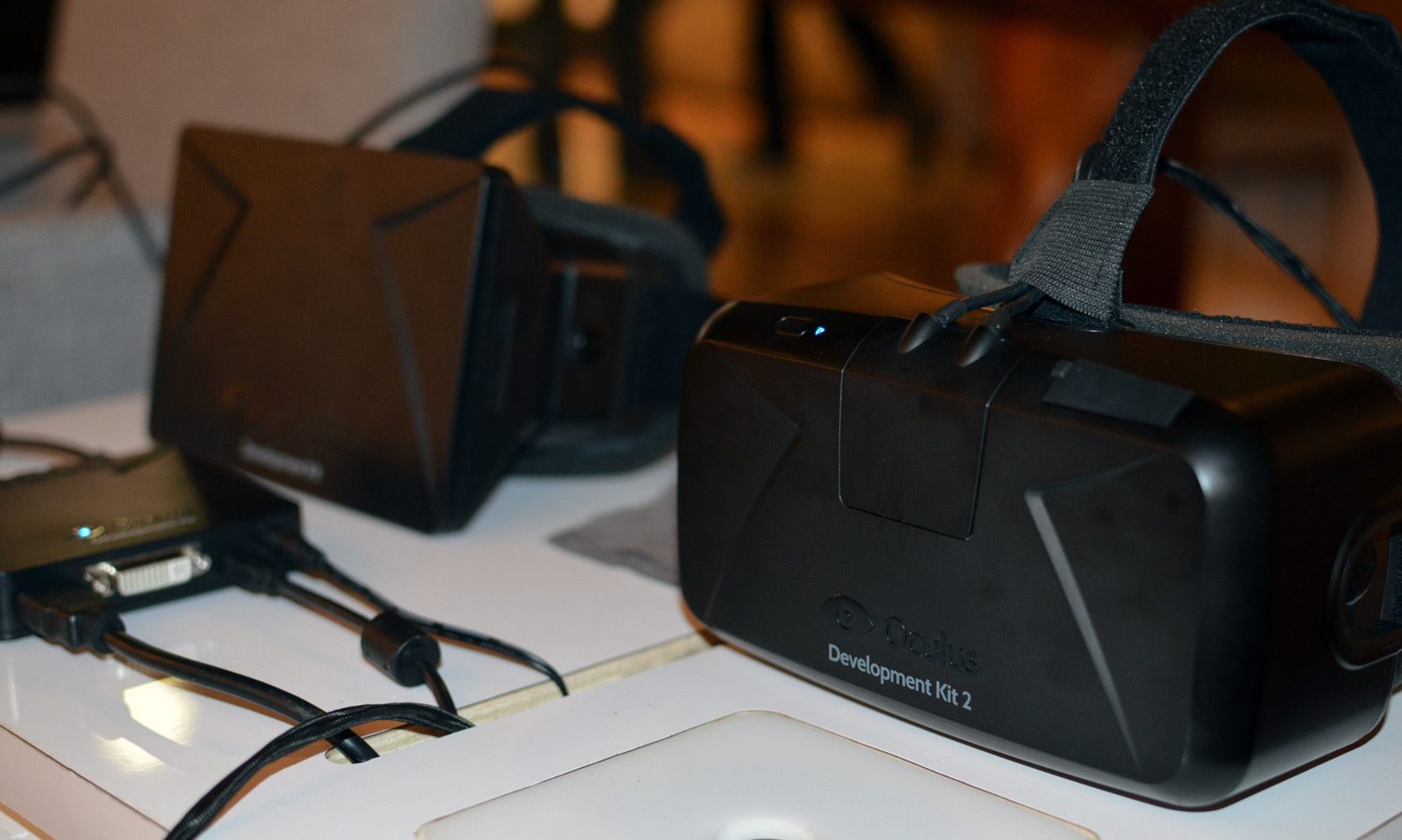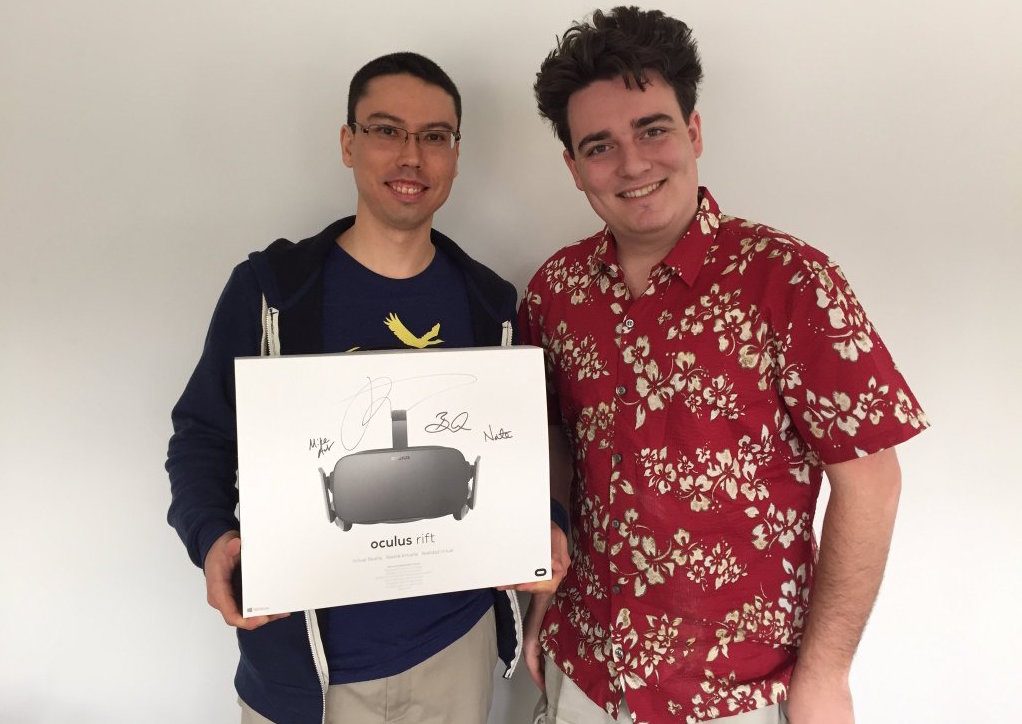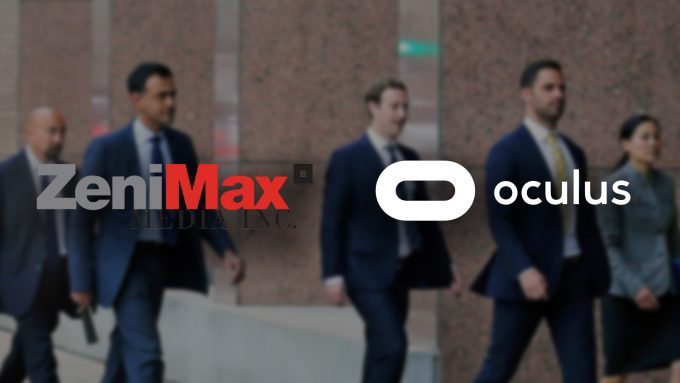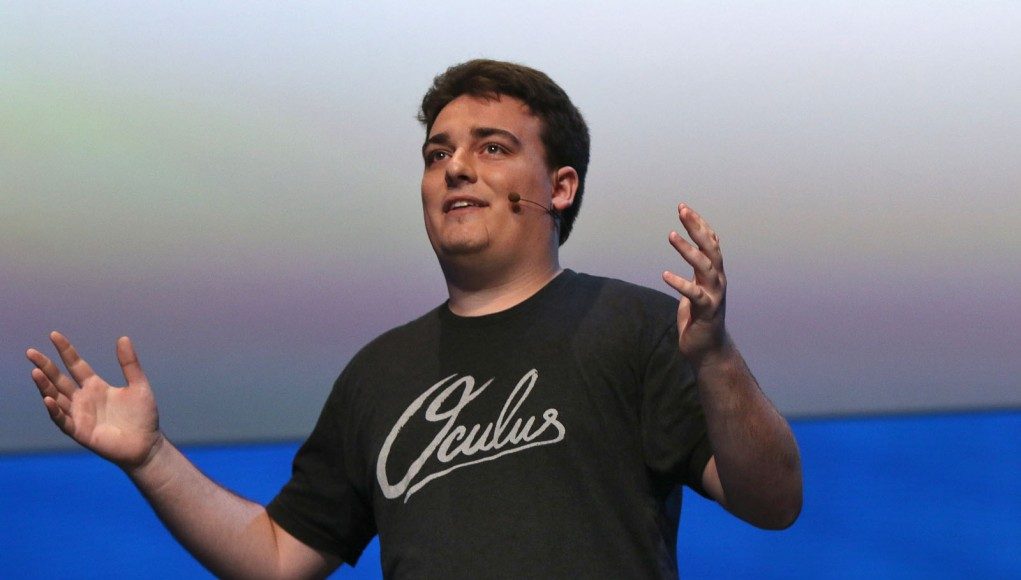Palmer Luckey, the co-founder of Oculus VR and designer of the Oculus Rift, is stepping down from his position at the company.
Oculus told Upload VR the news, saying that it will be Luckey’s last week at the Facebook-owned VR headset company.
“Palmer will be dearly missed. Palmer’s legacy extends far beyond Oculus. His inventive spirit helped kickstart the modern VR revolution and helped build an industry. We’re thankful for everything he did for Oculus and VR, and we wish him all the best.”
The result of a record-breaking US$2.4 million Kickstarter campaign, Oculus went on to produce two VR headset developer kits, dubbed Oculus Rift DK1 (released in March 2013) and Rift DK2 (released in July 2014)—devices upon which prospective developers could create VR games and experiences that would eventually populate the Oculus Home store. The two headsets, the direct result of Luckey’s efforts, would go on to kickstart an entire industry.

Oculus then went on to be acquired by Facebook in March 2014 for US$3 billion, an event that culminated in the launch of the first consumer-level VR headset for the company in March 2016—the Oculus Rift. As a result, Forbes Magazine estimated Luckey’s net worth to exceed US$700 million.
After the acquisition, Luckey however settled into somewhat of an undefined position at the company, oftentimes playing the boisterous, flip flop-wearing front man of the organization when he wasn’t working with the team to develop Oculus Touch, the platform’s natural motion input controller.

In September 2016 Luckey shied away from the spotlight following community and developer backlash to his association with a polarizing political group Nimble America, which was involved in funding a billboard campaign against Hillary Clinton, the Democratic candidate for the US presidential election.
After the news was out and confirmed by Luckey himself to be true that he was secretly providing funds to the pro-Donald Trump non-profit organization, he went into nearly complete radio silence, stopping all activity on Twitter—unusual for Luckey considering how openly he interfaced with the developers and fans on the social platform.
In December 2016, it was said he would be taking on a new role after ex-CEO Brendan Iribe stepped down to take lead of Facebook’s PC VR division, Oculus confirmed to The Verge, but no verifiable information came out as to exactly where he landed in the company.

Earlier this year Luckey found himself the subject (and defendant) in a prominent lawsuit between ZeniMax and Facebook/Oculus centered on an alleged misappropriation of intellectual property (i.e. the Oculus Rift) that ZeniMax says was disclosed under the sanctity of a nondisclosure agreement. A bitter pill to swallow: the lawsuit resulted in a $500 million award to ZeniMax.
Luckey’s absence from Oculus comes nearly on the one-year anniversary of the launch of the consumer Oculus Rift. What’s next for the 24-year old near-billionaire is uncertain at this time.







